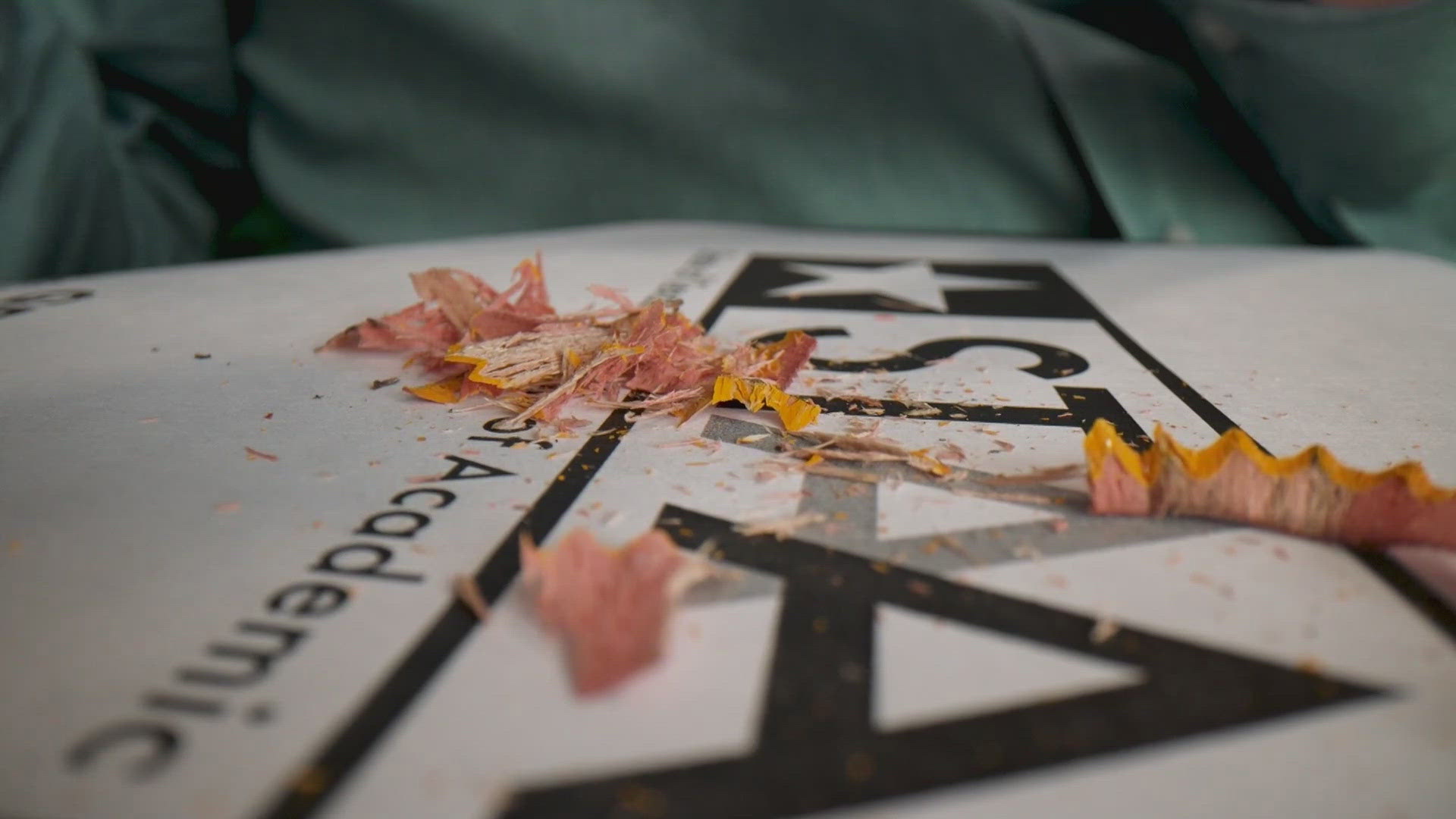DALLAS — The Dallas ISD superintendent questioned whether an increase in students scoring zeroes on the written response portion of their STAAR exams can be attributed to a new computer grading system the Texas Education Agency rolled out this year.
The TEA pushed back on the concerns -- saying the results are not consistent with a grading error as there were fewer zeroes handed out in some grade levels statewide.
But in Dallas ISD, the number of students with zeros increased across grade levels, Superintendent Stephanie Elizalde said. Last year, 25% of fifth graders scored a zero on the written portion, called extended constructed responses.
This year, data showed 49% got a zero on the section. TEA said they could still have scored top grades on the overall test, despite the low marks on the one section.
"It certainly can cause some dismay," Elizalde said, especially given the focus from Dallas ISD educators on critical learning skills the test measures. "The only other variable that changed was that we have a computer-generated scorer."
The TEA said the automated scoring engine grades all written responses -- and then sends about a quarter of them to human scorers to audit the results.
"The use of technologies like automated scoring engines allows us to process information faster and it has the added benefit of avoiding incurring additional costs to complete this work," said the director of the TEA's Student Assessment Division Jose Rios said.
He said the computer-scoring, which was rolled out this past school year, is not unique to Texas and "went as expected."
Rios pointed to data showing a decrease in zeroes scored by third and fourth graders statewide on the written portion of the test as evidence the grading system worked appropriately.
"It can’t just be a problem if it works good in one direction for a grade level and not the direction you like for other grade levels," he said. "That’s not the sign of a problem, the problem has to be consistent."
He said the more likely answer is the question for certain grade levels was a more difficult one this year compared to years past.
"I believe we are trying to connect the results that are not what are desired with a problem with the tool, and it’s just a tool," Rios said.
Elizalde said the low STAAR scores can cause dismay among students, teachers and families -- but they also have a greater impact on the letter grades the state gives individual schools.
"We know that those letter grades really do affect a parent's feelings about their particular school," she said.
But she expressed confidence the improvements students have made over the past year will appear on future STAAR results.
"I know we had growth, we have evidence of the growth but it wasn’t captured in this particular assessment this particular day," she said.

